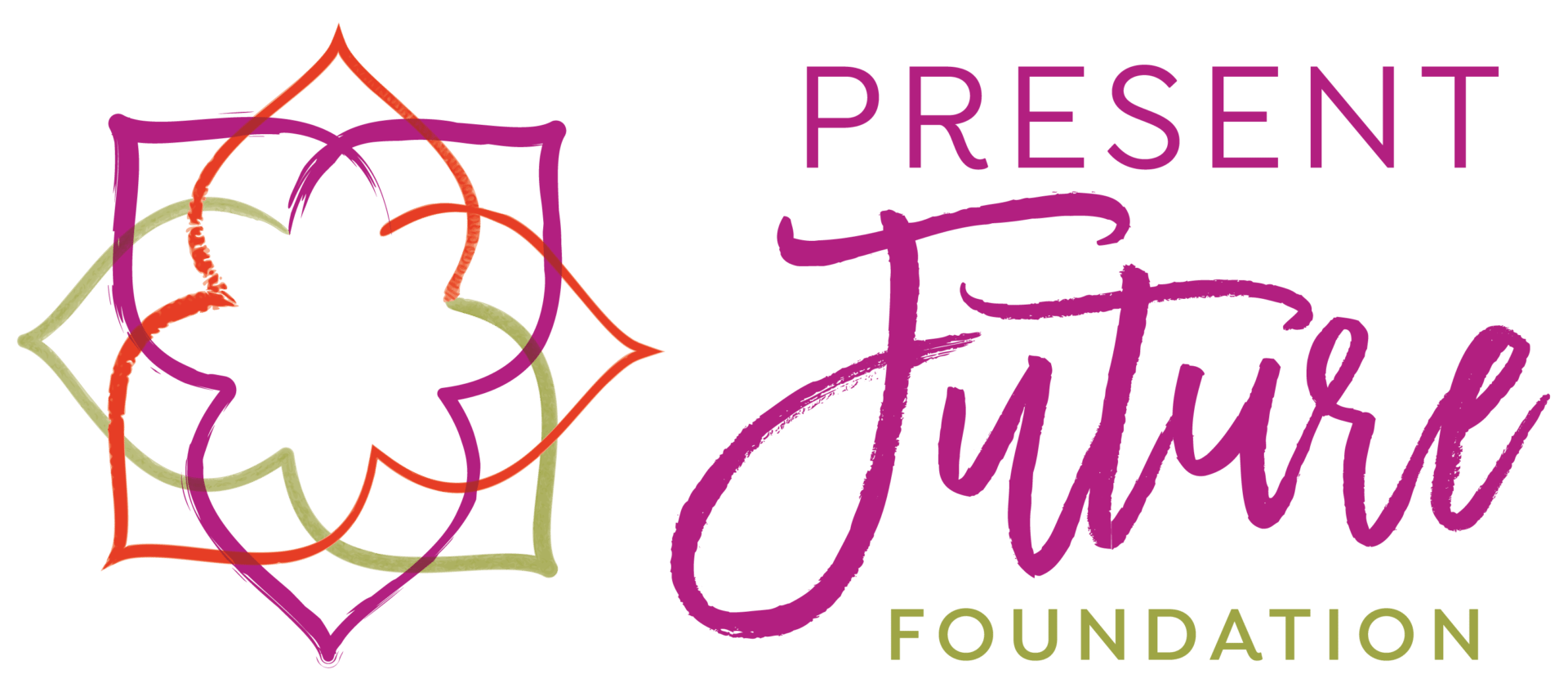At some point in almost every interview you are asked “Do you have any questions for me?”
This is not the innocent question it appears to be.
The interviewer is not hoping to tell you how they can please you! Therefore, questions about mentoring, benefits, or anything else that the company can do for you, are better saved for when you have an offer.
The interviewer is really hoping that the questions you ask will be an indication of:
1. How interested you are in the position, the company and the industry.
Recruiting for new positions is expensive in time and money for any company. The amount of interest and knowledge you show gives the interviewer the sense that you are genuinely interested in THIS PARTICULAR position/company/industry and will stay for a reasonable amount of time.
2. Your work ethic, creativity and courage.
By asking probing, well informed questions you show your work ethic – your willingness to put in the time to research the company beyond their website and general public knowledge. It is also an indication of your creativity and ability to think beyond the surface, and your courage to ask some challenging questions.
Great questions lead the interviewer to believe that you will be a good investment for the company.
I recommend having at least 5-7 questions prepared. You don’t have to ask them all, but often some are answered in the course of the interview and you might have asked one or two earlier in the interview if it came up in an organic way. You want to always have a few in reserve so you are never caught empty handed at the end of the interview.
Be sure to lead into any question by talking about your knowledge of the subject first. For example: “I know that in the past 12 months the proliferation of other streaming media companies have reduced your market share by 20%. How do you plan to win customers back? Are you considering doing it through pricing, advertising spend, or offering new services/products? “
If that isn’t appropriate for the type of question you are asking, then be sure to express the reason you are asking. For example: “I know that professional growth can only take place with regular constructive feedback delivered in a way that enables the recipient to feel empowered to
grow. How and when is feedback delivered? Are managers given professional education about how to deliver feedback so that it is constructive and motivating?” This can be even better if you can mention something you learned about the company in your research. For example: I saw your company mentioned in an article in (NAME OF PUBLICATION) about the importance of a feedback culture. How do you support a feedback culture differently than other companies? Is there professional development around delivering feedback?
Here are some examples of questions that can set you apart from other candidates. You need to consider the position and seniority of the person you are asking. Not all these questions are appropriate for every interviewer. Again, where applicable, lead into the question with what you already know and/or what your concern is that prompts you to ask the question.
Company growth/vision and strategies:
1. What is the largest risk to the success of this company? Is it internal or external?
2. What is something the company/team has tried to accomplish but failed? What is the main reason for that outcome?
3. What is the most surprising success the company/team has achieved? What made it surprising and to what do you ascribe that success?
4. Which companies or leaders do the leaders of this company look to for inspiration?
5. If I asked the Board or your Investors what they are most proud of, what would they say? Most worried about?
Culture and Values:
6. What is something that would happen here that would never happen at any other company?
7. Has the company ever made a decision in favor of its values knowing that it may have a negative effect on revenue?
8. How have you grown or changed during your time here? What about the culture here supported that transformation?
9. Is there anything the company has changed solely at the request of its employees?
Team Collaboration and Dynamics:
10. What is the relative weight you ascribe to the way a team member conducts their work versus the work product they produce?
11. What is the hardest piece of feedback you have received and the hardest one you have given to a team member?
12. What was a great experience you had with a member of your team or more specifically someone in this role? Why was it so great?
Although, as I mentioned, I do not recommend it, if you feel compelled to ask questions about things that benefit you (like professional development,) then, at the very least, ask it in a general way so it doesn’t sound like you are looking for benefits. For example, ask how the senior and junior team members work together rather than about mentoring opportunities.
Asking great questions can be pivotal in creating a good impression on the interviewer. Because questions are usually the last thing you talk about in an interview, it will be what the interviewer has uppermost in mind as they are writing their recommendation for your progress in the application process.
Don’t forget to pay close attention to the answers to these questions! They give you valuable information about the company. And that information can help you prepare for the next step in the interview process. The answers may also give rise to even more great questions for this company and perhaps other companies that you interview with.
So ask away!
Contributed by Betsy Kent, Career Coach. Don’t know what to create because you don’t even know what you want to do? Want to get UNSTUCK on defining your purpose? CLICK HERE to take Betsy Kent’s PURPOSE FINDER QUIZ and get started.
